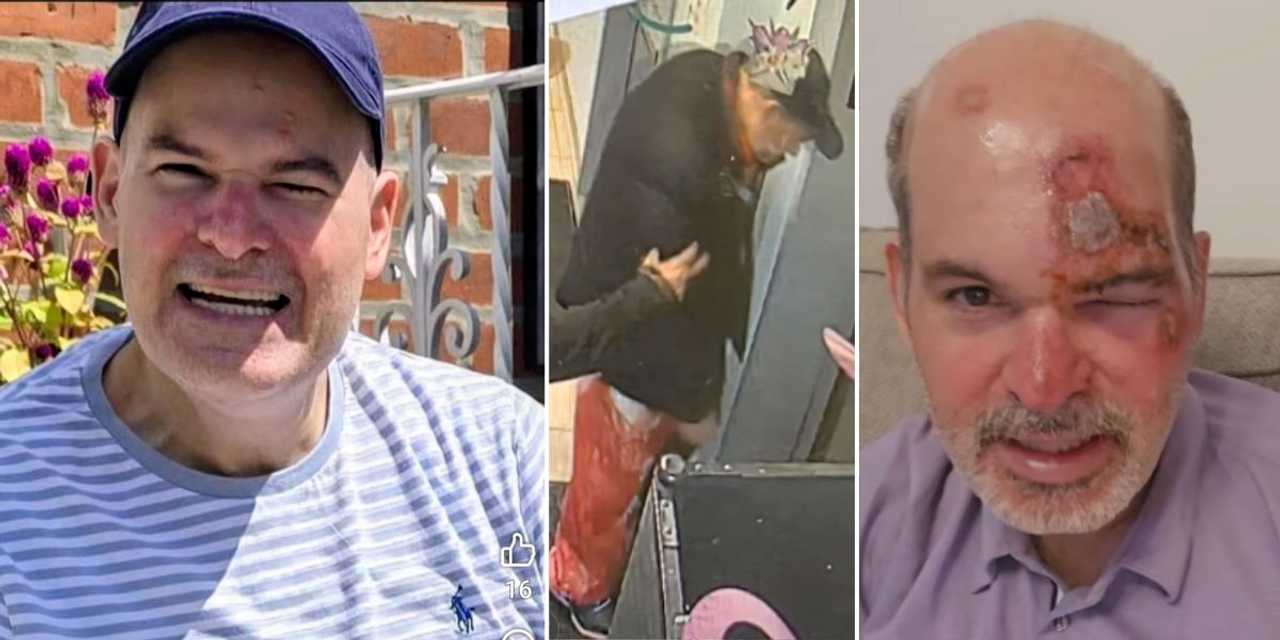
By Michael Mashburn From Daily Voice
A Long Island man who vanished on Halloween while dressed as a horror movie character was found safe days later — thanks, in part, to the New York City Marathon.
Giacomo “Jack” Campione, 56, of Elmont, who is nonverbal and has intellectual disabilities, was last seen around 10:30 a.m. Friday, Oct. 31, in Flushing, Queens, according to the NYPD.
Dressed in an “Art the Clown” costume from the Terrifier movie franchise, he became separated from his group home housemates and aide after exiting a bus, his sister, Giselle Campione, said.
The disappearance triggered a frantic search across Queens as relatives, friends, and strangers shared photos and fliers online.
Campione was finally discovered Sunday, Nov. 2, in Long Island City — seven miles from where he was last seen — as marathon runners passed through the area. Someone saw him fall and called for help. He was taken to Mount Sinai Queens in Astoria with minor injuries.
“He is safe, he is healthy,” Giselle said in an emotional update video posted Monday, Nov. 3. “Super, super thank you to everyone that came through to help us to look for him, spread fliers. We’re so happy that he’s home and he’s safe. Thank you is not enough.”
She then turned the camera to Jack, revealing a large gash on his forehead. He smiled and told viewers, “Hi, thank you everybody. I’m okay now. Positivio. Thank you for all your help.”
Campione spent two nights on the streets, surviving on Halloween candy by saying “trick-or-treat” to strangers, his sister told CBS New York. The family believes many people may have mistaken him for someone homeless or intoxicated.
“Whoever you are, thank you, thank you, thank you,” she told the outlet. “You saved someone’s life, honestly.”
Call For Awareness
The family is now looking to thank the good Samaritan who stopped to help, and they’re also seeking answers from the group home about how Jack was able to get separated.
Giselle said she hopes the ordeal raises awareness about the need for greater support and understanding for people with intellectual disabilities.
“We really want to get the word out that it’s so important people understand what these agencies and organizations do for people with disabilities,” she said.

 Daily Voice
Daily Voice
 FOX 13 Seattle Crime
FOX 13 Seattle Crime Local News in Colorado
Local News in Colorado Orlando Sentinel Entertainment
Orlando Sentinel Entertainment Washington Blade
Washington Blade New York Post
New York Post AlterNet
AlterNet Orlando Sentinel Travel
Orlando Sentinel Travel cleveland.com
cleveland.com The Hill Politics
The Hill Politics